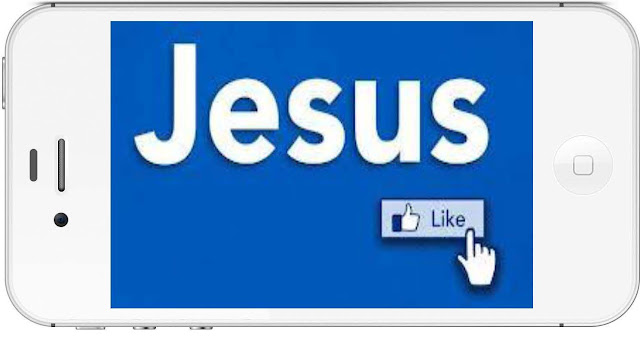It is no secret that we are living in a very fractured, fragmented, and dangerous world, the instability of which has only increased since the end of the Cold War and increasing even more during a post 9/11 world.
According to an old African proverb It “takes a village to raise a child.” Yet according to Tom Burke, a British environmentalist, “it takes a planet to raise a child.”
But this doesn’t seem quite possible on a planet that is so dangerously fractured and unstable as our world is today.
Hold these thoughts for a moment.
Many Christians are surprised to learn that the Apostle Paul’s biggest contribution to the emerging 1st century Christian movement was not the idea of a personal salvation but rather something far more relevant to our planet today.
Paul’s main focus was on reconciling two very different communities (Jewish and Gentile) into one body. This was in fact his major contribution to the early Jesus movement.
In other words, Paul’s focus was on the ministry of reconciliation.
Unfortunately this focused has given way to an overly individualized version of salvation.
Paul believed that God intended for the world to be reconciled into one new humanity—a global humanity for that matter (see Genesis 12:1-3); a humanity God wants to bless.
The following words are from Paul’s letter to the Ephesians:
For he himself is our peace, who has made the two groups one and has destroyed the barrier, the dividing wall of hostility, by setting aside in his flesh the law with its commands and regulations. His purpose was to create in himself one new humanity out of the two, thus making peace, and in one body to reconcile both of them to God through the cross, by which he put to death their hostility. He came and preached peace to you who were far away and peace to those who were near. For through him we both have access to the Father by one Spirit.
According to Paul Jesus came to break down all walls that divide us; the walls erected because of hostility between people and nations. The cross thus became the reconciling bridge between God and a fractured humanity.
Unfortunately, as the history of the emerging Christian movement unfolded, we witness numerous divisions and fractures between the different Christian assemblies or groups, which over time had worldwide implications.
Yet Paul makes it clear that the main purpose of Jesus’ coming was to create “one new humanity” without abolishing human diversity.
Jesus came primarily to reconcile all humanity. He came to break down all those visible and invisible barriers (walls) that we have historically erected to divide ourselves from another (cultural customs and politics, color of our skin, our ethnic identities, our sexuality, our economic status, the neighborhoods in which we live, etc.).
The most important thing the Church can do in today’s fractured world is to model the work of reconciliation; to offer a witness to the power of God's reconciling love for all of humanity.
One way we Christians can do this is to offer resistance to any and all attempts to separate people from one another, policies that prevent people from entering our country based on their religion or background, and worse of all pass legislature that marginalizes people simply because of the color of their skin or ethnic identity (unfair voting laws for example).
We have a responsibility as Christians and as the church to publicly resist any and all forms of social or government policy intended to separate and marginalize any one group of people from the mainstream.
As followers of Jesus we are called to follow him in the work of reconciliation. If we fail in this mission we then become nothing more than a state controlled religion bending to the will of a secular government; or even worse we demonstrate a serious misunderstanding of what it means to engage the world on behalf of the Gospel.
We are called to do the work of reconciliation as followers of Christ.
Anything less is to miss the whole point of Jesus’ coming.








